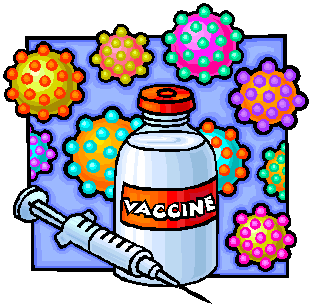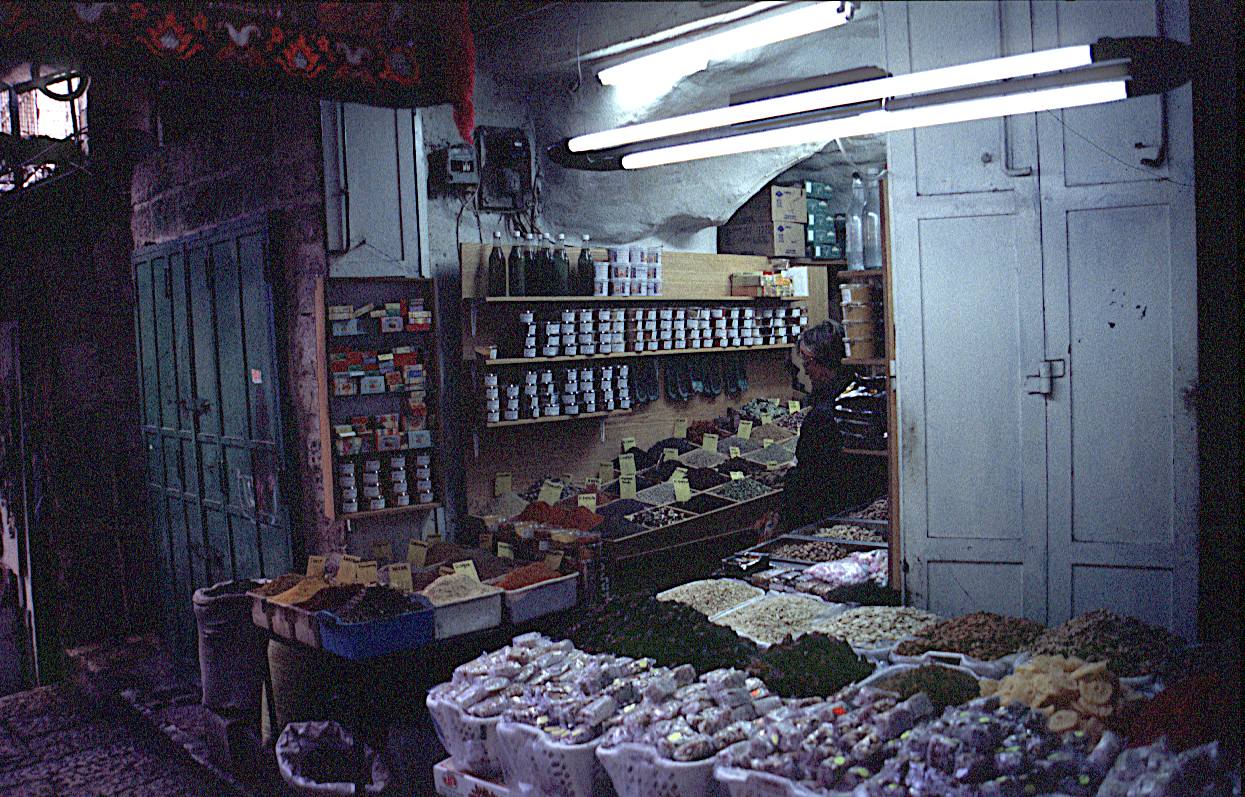Medical Uses:
Useful from Past to Present
Saffron can be used for, not only dyes and cooking, but also, as seen throughout history and proved in today's research, for many medical purposes. So far research has shown that saffron can help digestion, act as an aphrodisiac, fight against tumors and cancerous cells, help with neurological problems (i.e. Parkinson’s, Alzheimer’s, insomnia, depression, and memory), lower blood pressure, help with asthma, and can aid in circulation of blood to the retina of the eye. This blood circulation helps in eye problems that are caused by old age such as macula lutea.
On behalf of the medical benefits seen on the eyes
in some organisms, research has been carried out to further our
knowledge on its effects on eye disorders. Studies were done
on
 albino rats to find out if consuming dietary saffron could help
the retinas of these mammals to stay intact and continue to function
properly after they were exposed to light that would otherwise
damage their retina. The
rats used within this experiment were either given saffron or
β-carotene. After being exposed to the harmful and extreme
light for 24 hours, they recorded the flash electroretinograms (fERGs)
of the control rats, and the ones that were treated with the saffron
were recorded 1 day before and 1 week after the light exposure.
Overall the findings to this experiment were that the photoreceptor
layer portion of the eye remained intact. Therefore it seems
that saffron may help to, not only protect these photoreceptors of
the retina, but also ensure that the morphology and function of it
are not harmed by damaging light that animals can be exposed to,
especially albino organisms that tend to be much more sensitive to
bright light.
albino rats to find out if consuming dietary saffron could help
the retinas of these mammals to stay intact and continue to function
properly after they were exposed to light that would otherwise
damage their retina. The
rats used within this experiment were either given saffron or
β-carotene. After being exposed to the harmful and extreme
light for 24 hours, they recorded the flash electroretinograms (fERGs)
of the control rats, and the ones that were treated with the saffron
were recorded 1 day before and 1 week after the light exposure.
Overall the findings to this experiment were that the photoreceptor
layer portion of the eye remained intact. Therefore it seems
that saffron may help to, not only protect these photoreceptors of
the retina, but also ensure that the morphology and function of it
are not harmed by damaging light that animals can be exposed to,
especially albino organisms that tend to be much more sensitive to
bright light.
In addition, research has found that there are
benefits from using saponin from the saffron plants in protein based
vaccines. These types of
vaccines need an immunistimulatory stimulant or adjuvant because
they are only weakly immunogenic.
Therefore adding different compounds from plants, minerals,
or some pathogens can help to cause pro-inflammatory responses to
the vaccines, which may sound bad, but this helps to
cause a true
and effective immune response to the vaccine.
If there is a good response to this, the body can be better
suited to build up immunity to diseases that the vaccines are made
to prevent since the body will have already fought them off when it
was in low dose within the vaccine.
addition, research has found that there are
benefits from using saponin from the saffron plants in protein based
vaccines. These types of
vaccines need an immunistimulatory stimulant or adjuvant because
they are only weakly immunogenic.
Therefore adding different compounds from plants, minerals,
or some pathogens can help to cause pro-inflammatory responses to
the vaccines, which may sound bad, but this helps to
cause a true
and effective immune response to the vaccine.
If there is a good response to this, the body can be better
suited to build up immunity to diseases that the vaccines are made
to prevent since the body will have already fought them off when it
was in low dose within the vaccine.
Furthermore, saponin from saffron is being heavily studied because
it has so far been found to be a great adjuvant in
preventing tumor
problems. Unfortunately, a huge problem in today’s
world is the fatal disease of cancer.
Even the United States has been severely hit with this
disease. Currently there
are studies that are being done that are helping to prove that the
traditional Arab-Islamic medicines are beneficial in improving the
quality of life of cancer patients.
The traditional remedies are herbal, spiritual, and
nutritional approaches that according to a number of physicians and
scholars, is proving to alleviate suffering from the patients and
improve their quality of life.
One of the traditional spices used in Arab-Islamic medicines
is saffron (Crocus sativus).
Therefore, it is possible that saffron is an herb that can
help with patients with the fatal disease of cancer to become better
and hopefully take away some of the suffering.
Studies are still being done, but saffron could be a
possible
cure to cancer, along with other organisms such as the
Bladderwrack and
Stinging Needles.
the fatal disease of cancer to become better
and hopefully take away some of the suffering.
Studies are still being done, but saffron could be a
possible
cure to cancer, along with other organisms such as the
Bladderwrack and
Stinging Needles.
Even though there are so many medical benefits
from consuming the stigmas of the saffron crocus flower, too much of
a good thing can be harmful.
Excessive amounts of saffron can lead to abortions, death of
expectant mothers, and a narcotic/ecstasy effect.
Due to the medical effects saffron has been shown to cause,
there is extensive research still being done on these plants in
order to prove the beneficial aspects of saffron and hopefully find
more cure to medical issues in our world.
To learn about the way Crocus sativus obtains its nutrients, go to Nutrition.
Return to Homepage Go to MultipleOrganisms.net

